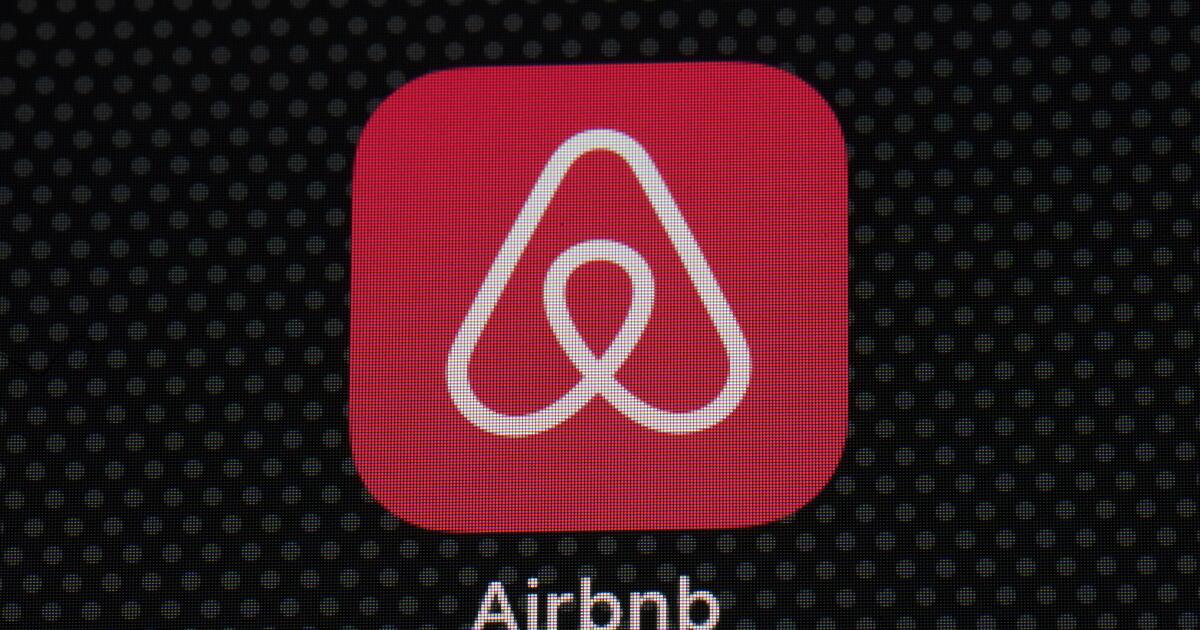
Airbnb is back in the headlines in Los Angeles: Thousands of short-term rental hosts are breaking the law, and the city isn’t taking the problem seriously enough.
If this sounds like a familiar story, it is. In 2019, shortly after the city had announced it was beginning to enforce its short-term rental rules, I found that illegal rentals were still flourishing. My follow-up studies in 2021 and 2022 showed the same thing.
Why should we care about illegal short-term rentals? The simple answer is that they are making housing scarcer and less affordable for Angelenos. A landmark study led by Kyle Barron of the National Bureau of Economic Research found that Airbnb was responsible for nearly one-fifth of all the residential rent increases in the United States between 2012 and 2016. A Los-Angeles specific study led by Hans Koster from Vrije Universiteit Amsterdam found that between 2014 and 2018, Airbnb was responsible for a more than 30% increase in housing prices in Venice, as well as large price increases in other major tourist destinations in Los Angeles.
Higher housing costs directly increase homelessness. Looking at the impact of short-term rentals in Los Angeles from 2014 through 2022, I estimated that short-term rentals are responsible for 5,000 extra Angelenos experiencing homelessness each night. This is a human tragedy but also a financial one — it would cost the city $1.3 billion to build enough supportive housing to accommodate them.
Short-term rental hosts in Los Angeles are required to get a license from the city, and they’re allowed to operate a rental only out of their own principal residence. But these rules don’t seem to be working. When I crunched the numbers last year, I found that nearly half of the short-rentals operating in Los Angeles are illegal. A big portion had no license number at all, a quarter of the listings with a license number were using a fake or expired one, and many more were clearly commercial operations rather than home-sharing arrangements involving a principal residence.
What should the city be doing about this? First, it should get serious about collecting fines from short-term rental hosts who are breaking the rules. A year ago, records from the city indicated that it was collecting less than $4,000 a month in home-sharing ordinance fines. Yet by my analysis, if every host who broke the rules were paying the proper fines, that number should be more than a thousand times larger — at least $50 million per year.
In practice, if the city started rigorously enforcing its own rules, hosts would stop breaking the law with such impunity and the fines collected would go down. But that’s a good thing: Similar to the approach of imposing so-called “sin taxes” on alcohol and cigarettes, part of the rationale for aggressively enforcing fines would be to discourage a socially harmful activity, not simply to raise revenue from that same activity.
Second, in addition to going after hosts, the city should hold short-term rental companies — Airbnb, but also the many smaller players in the market — financially responsible for illegal activities occurring on their platforms. Currently the home-sharing ordinance mandates fines of $1,000 per day for platforms accepting reservations for illegal listings, but such fines are rarely collected. The city should start collecting them widely and increase their size to the point that the platforms have no choice but to start taking them seriously.
The government of Quebec, where I live and work, has introduced fines of up to $100,000 per listing that does not have a valid license number. These numbers are tantamount to saying to Airbnb and the other platforms “follow the rules or leave town,” and it is long past time for Los Angeles to take the same approach.
Finally, the city should rescind its extended home-sharing licenses. These licenses allow hosts to offer short-term rentals year-round, and they enrich a small number of commercial operators at the cost of residents paying more for their own housing. In a city with as many high-quality tourist accommodation options as Los Angeles, there is no conceivable public interest rationale for letting scarce housing serve as de facto hotels. Whatever revenue the city brings in via transient occupancy taxes is swamped by the extra housing costs imposed on Los Angeles residents.
Home sharing can be a win-win for Los Angeles’ economy and housing market. A modest amount of part-time rentals would offer visitors a wider range of accommodation options while helping some residents meet their housing costs. But this works only if the city starts insisting that short-term rental hosts and platforms play by the rules — and starts punishing them if they don’t.
David Wachsmuth is an associate professor of urban planning at McGill University and the Canada Research Chair in Urban Governance.
